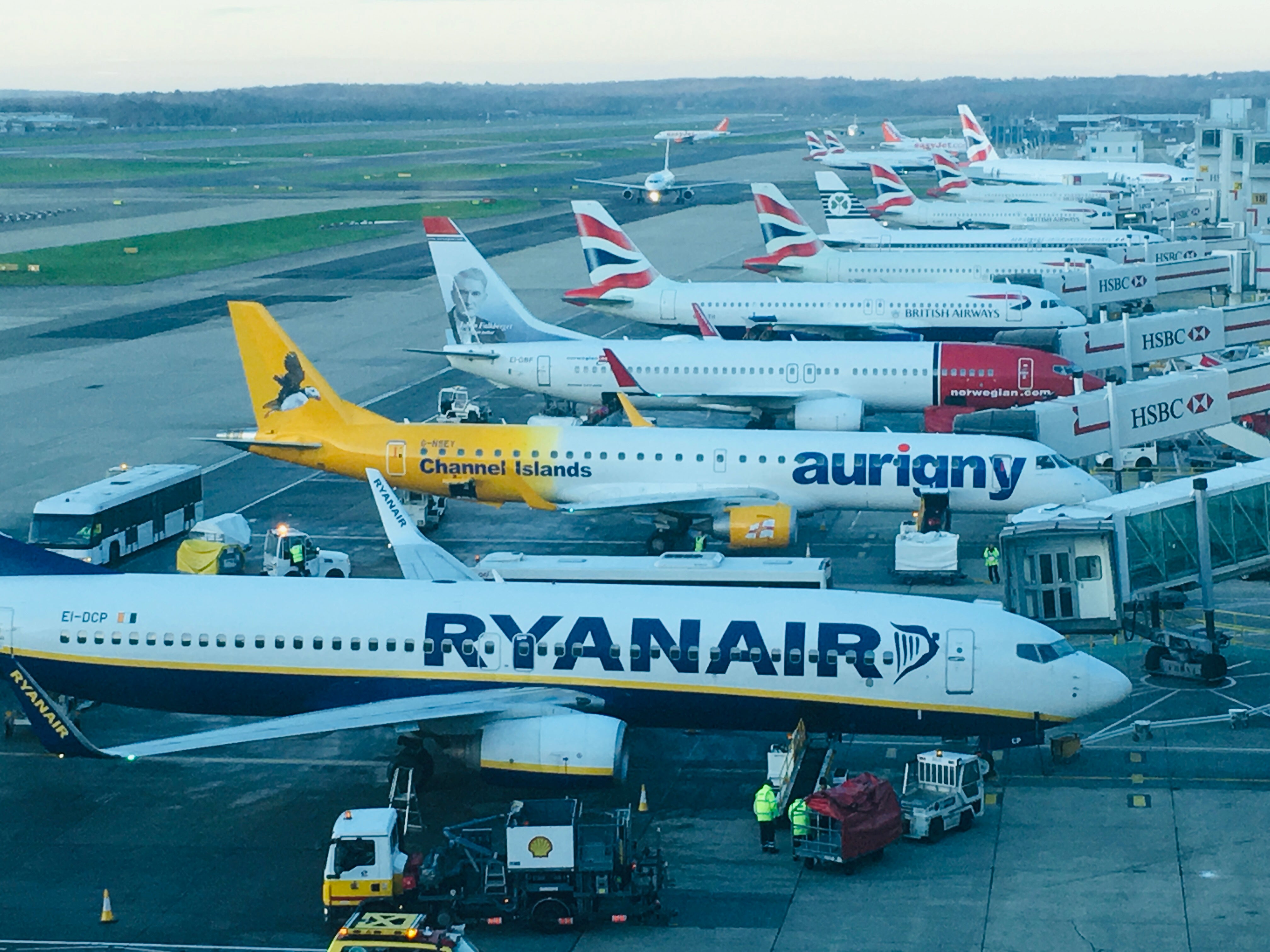Airport slot rules that trigger ‘ghost flights’ could return next year
EU plans to reinstate ‘use it or lose it’ rules in 2021

Your support helps us to tell the story
From reproductive rights to climate change to Big Tech, The Independent is on the ground when the story is developing. Whether it's investigating the financials of Elon Musk's pro-Trump PAC or producing our latest documentary, 'The A Word', which shines a light on the American women fighting for reproductive rights, we know how important it is to parse out the facts from the messaging.
At such a critical moment in US history, we need reporters on the ground. Your donation allows us to keep sending journalists to speak to both sides of the story.
The Independent is trusted by Americans across the entire political spectrum. And unlike many other quality news outlets, we choose not to lock Americans out of our reporting and analysis with paywalls. We believe quality journalism should be available to everyone, paid for by those who can afford it.
Your support makes all the difference.EU rules dictating that airlines must operate a certain percentage of flights or risk losing their airport slots may come back into force next year.
The regulations, which stipulate that if less than 80 per cent of slots are used a carrier must forfeit some to rival airlines, were temporarily suspended during the pandemic.
It followed many airlines being forced to operate “ghost” flights – services with few or no passengers – simply to keep hold of their slots.
While some low-cost carriers are keen to see the “use it or lose it” rule return, enabling them to bag more slots, legacy carriers are calling for a large degree of flexibility, reports Reuters.
Aviation sources told the news organisation that major airlines are “not happy” with the EU’s proposed rule that they must use 40 per cent of slots, which could be introduced in spring 2021.
Although this is lower than the threshold of 50 per cent advised by airline trade association Iata, it doesn’t factor in another key demand that airlines have been pushing for: that they can temporarily return slots, and need only to operate half of the slots they’ve held onto.
For legacy carriers who’ve kept some of the choicest airport slots for many years, the idea of temporarily returning slots – which they can then take back once travel restrictions ease and demand for air travel increases again – is a high priority on their list of demands.
European Commissioner for Transport, Adina Vălean, said: “With today's proposal we seek to strike a balance between the need to provide relief to airlines, which continue to suffer from the significant drop in air travel due to the ongoing pandemic and the need to maintain competition in the market, ensure an efficient operation of airports, and avoid ghost flights.
“The proposed rules provide certainty for the summer season 2021 and ensure that the Commission can modulate further necessary slot waivers according to clear conditions to ensure this balance is maintained.”
The Independent has contacted Iata for comment.
In March, The Independent reported that, despite running just a tiny number of rescue flights during the coronavirus lockdown, Ryanair still appeared to be flying most of its fleet on a regular basis.
Europe’s biggest budget airline was operating frequent “ghost flights” where aircraft took off, circled the airport and landed again.
For most of its fleet of 451 Boeing 737s, this appeared to be happening around once every four days.
The data was collected by Simple Flying, which looked at 47 (just over 10 per cent) of Ryanair’s planes chosen at random.
The reason for operating these empty flights to nowhere was to maintain the aircrafts’ operational availability.
Planes that have been grounded for a significant period have to be checked over before they are cleared to fly again, a process that keeps them from flying for even longer and costs the airline money.

Join our commenting forum
Join thought-provoking conversations, follow other Independent readers and see their replies
Comments